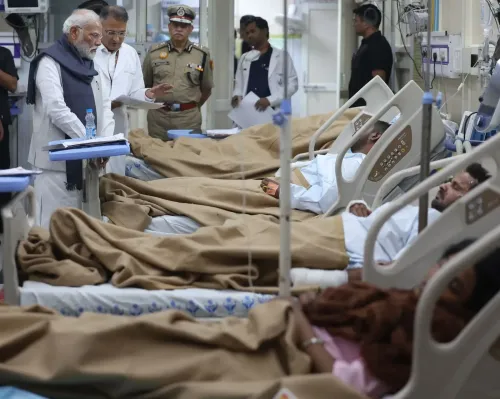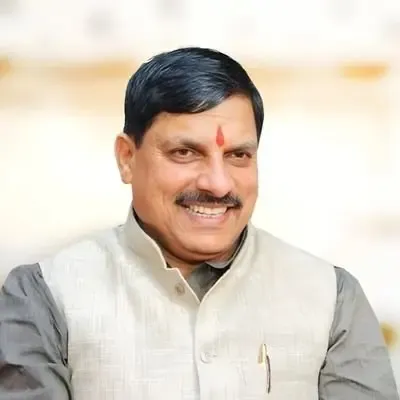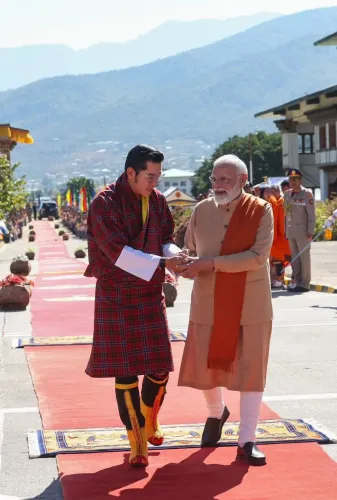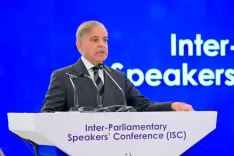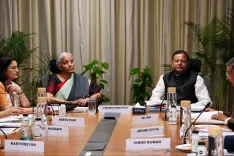How Did the UN Security Council Enhance Peaceful Dispute Resolution?
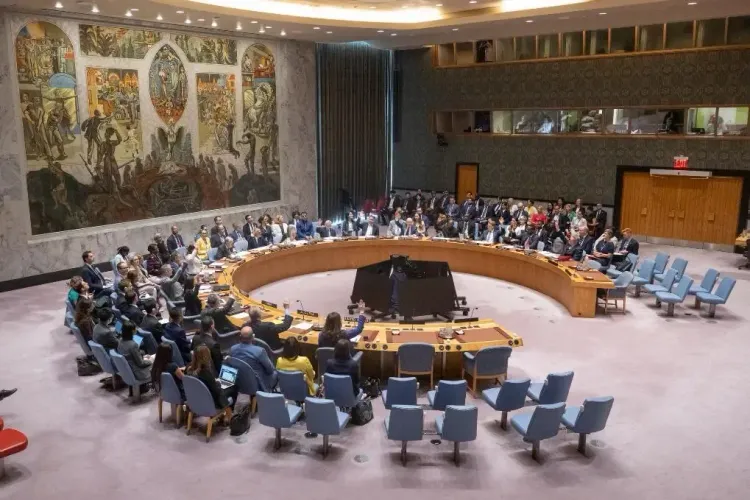
Synopsis
Key Takeaways
- The UNSC adopted Resolution 2788 to strengthen peaceful dispute resolution.
- Member states are urged to utilize diplomatic mechanisms outlined in the UN Charter.
- The resolution emphasizes the role of the UN Secretary-General in mediation efforts.
- Regional organizations are encouraged to enhance their conflict resolution initiatives.
- Concrete recommendations will follow one year after the resolution's adoption.
United Nations, July 23 (NationPress) The UN Security Council (UNSC) has officially adopted a resolution aimed at fortifying the mechanisms for the peaceful resolution of international conflicts.
Unanimously passed as Resolution 2788 by the council's 15 members, the resolution encourages all UN member states to effectively employ the mechanisms specified in Article 33 of the UN Charter. This includes avenues such as negotiation, inquiry, mediation, conciliation, arbitration, judicial settlement, leveraging regional agencies, or utilizing any other peaceful means they prefer, as reported by the Xinhua news agency.
The resolution indicates the UNSC's willingness to activate the investigative mechanism outlined in Article 34 of the UN Charter. This grants the council the authority to probe any dispute or situation that could lead to international tensions, assessing whether its continuation might threaten global peace and security.
Resolution 2788 reaffirms the UNSC's responsibility to recommend suitable procedures or methods for the peaceful settlement of disputes. It also calls on member states to take essential actions for the effective execution of UNSC resolutions aimed at resolving disputes peacefully.
The resolution encourages the UN Secretary-General to ensure that the United Nations leads and supports mediation and preventive diplomacy initiatives. It further urges the Secretary-General to continue utilizing his good offices and calls for member states to collaborate and support him in these efforts.
The decision advocates for regional and sub-regional organizations to bolster their initiatives for peacefully resolving disputes, in alignment with the UN Charter and relevant UNSC resolutions. It urges member states to endorse the role of these organizations and calls for enhanced cooperation between them and the United Nations.
Moreover, the resolution requests the Secretary-General to provide actionable recommendations, one year post-adoption, for further enhancing the mechanisms for peaceful dispute resolution.

